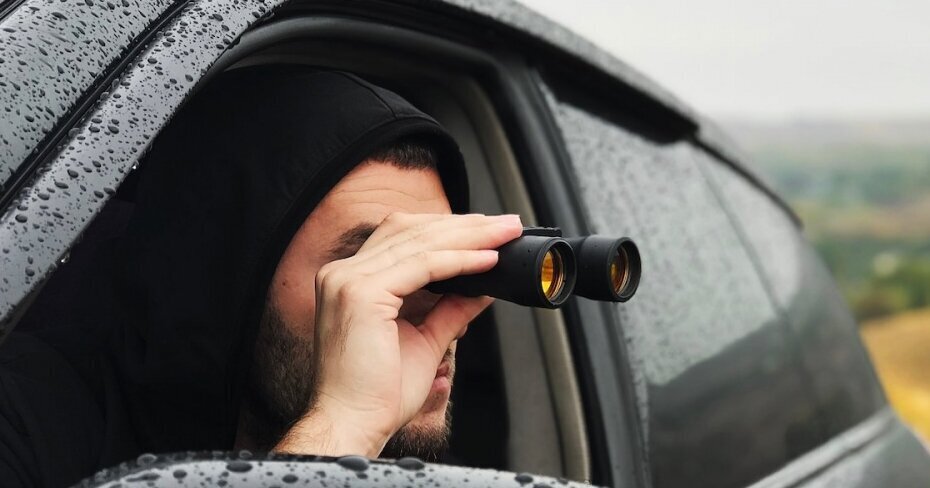Should you buy a new or used car right now?
By: Renee Sylvestre-Williams on November 16, 2020
This article has been updated from a previous version.
There’s nothing like sliding behind the wheel of a brand new car, sitting for a minute or two, and breathing in that new car smell.
But there’s also nothing like paying $14,000 for a used car when a new one might have cost you $36,000.
When it comes to buying a car, many in the personal finance community favour buying used, namely because they’re cheaper, don’t depreciate as quickly as new cars do, and can come with lower insurance rates. That said, advanced safety features, government rebates, and the steady stream of 0% financing offers from dealerships can make new vehicles a pretty attractive option, too.
So, which is better to buy right now, used or new? Let’s have a look.
The case for new
Most of us don’t have the money it takes to buy a new car in cash.
But there are many upsides to buying a new vehicle right now. New vehicles are increasingly being made with more advanced safety features; the government is still offering attractive rebates and incentives for new electric or zero-emissions vehicles (though the fund has dwindled significantly); and dealerships are regularly rolling out 0% financing offers in an effort to get you into the driver’s seat of a nice, new car.
Because your dealer has a quota they have to sell each month and year, you’ll often see ads for 0% financing on new cars throughout the year. In order to qualify for the 0% offer, however, you usually need a pretty stellar credit score of at least 700 according to several sites, and because dealers are very strict with the criteria, this limits the number of people who can drive off in a new car owing no interest on their monthly payments.
That said, even if you don’t qualify for the 0% financing, you could still leverage the offer to get another deal on a new car. Most 0% financing offers come with a cash rebate, which could actually wind up being a better deal than the 0% interest in some cases.
If you can’t afford the current year’s model but still want a new vehicle, you can potentially save some money simply by buying last year’s model early on in the year. Then you get the benefit of buying into your car brand of choice, buying new, and saving some money since dealers want older models off their lots. The amount you save will depend on your ability to negotiate, so do your research ahead of time and stand firm.
The case for used
Generally speaking, used cars tend to be less expensive than new cars. And perhaps the best selling point about them is that they don’t lose their value nearly as quickly as new cars do.
A new car starts to depreciate the moment you drive it off the lot. The rate of depreciation will vary based on location and model, but average estimates can be as high as 23.5% depreciation in the first year, which can make buying used an attractive option.
Used cars will generally produce lower insurance rates, too, especially if the parts they’re made with are less technologically sophisticated — making them typically less costly to replace. Of course, it’s not as simple as “older model = lower rates” because there are several factors that contribute to how much you’ll pay. If the older car had a high theft rate, for instance, there’s the potential to get lower insurance rates on a new car.
But with auto insurance rates on the rise, buying used is an attractive option. According to J.D. Power’s 2019 Auto Insurance Satisfaction Study, the national average premium has increased by $298 — with Alberta seeing the biggest jump, at $326. There are several reasons for the rise in prices, including an increase in auto insurance fraud and theft. The pressure on the industry has increased to the point that Alberta decided not to renew its 5% auto insurance rate cap in September 2019. Much of this is out of consumers’ hands, so it’s important to do your research and see if buying used could net you a lower rate.
While a used car won't cost you as much upfront, it’s a good idea to have the vehicle inspected by a reliable mechanic to ensure you won’t be pouring money into it for repairs down the road. Sometimes, used cars can become just as expensive as new ones if they require significant repairs and maintenance.
What’s better to buy right now?
Everyone will have an opinion, but at the end of the day, whether you buy a new or used vehicle is up to you. Ask your dealer to explain everything to you and break out your calculator to make sure you’re getting the best deal. Just remember: a car isn’t like a house, so chances are it’s not going to increase in value over time. Go in knowing what you need it for and don’t get distracted by that new car smell, which, for the record, you can just as easily buy in spray form on Amazon.


